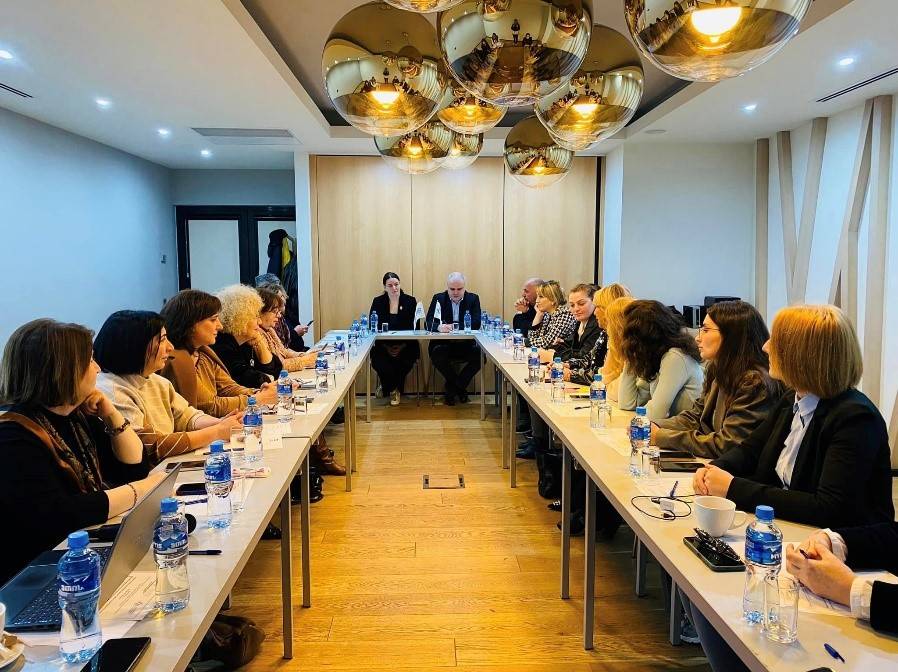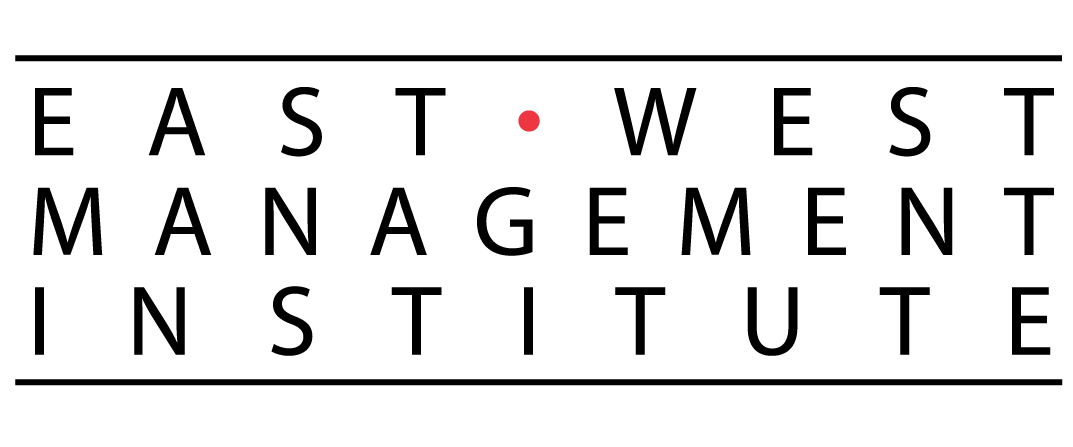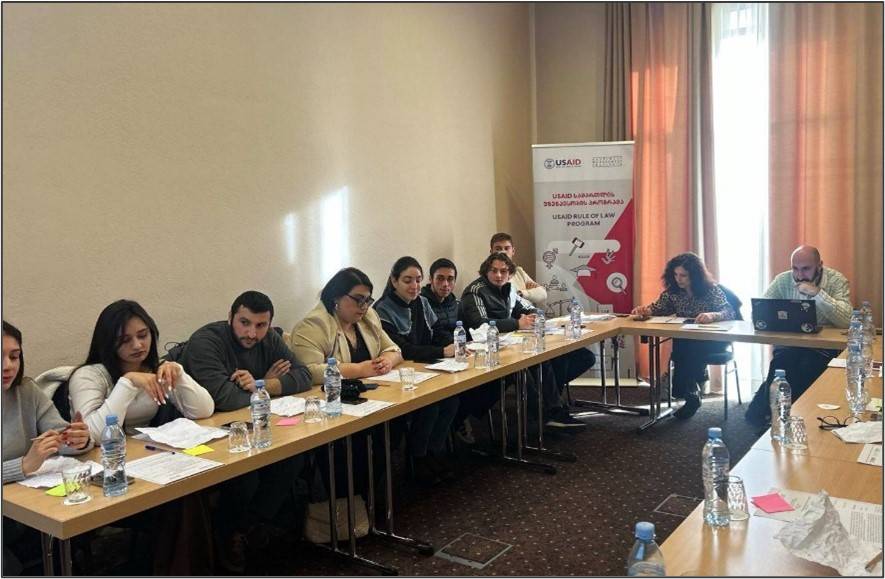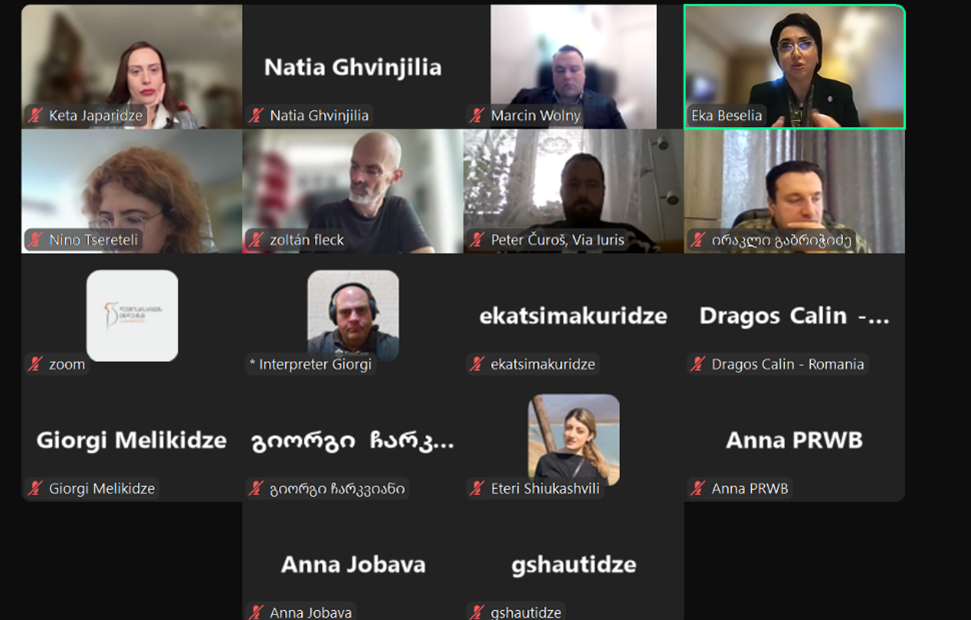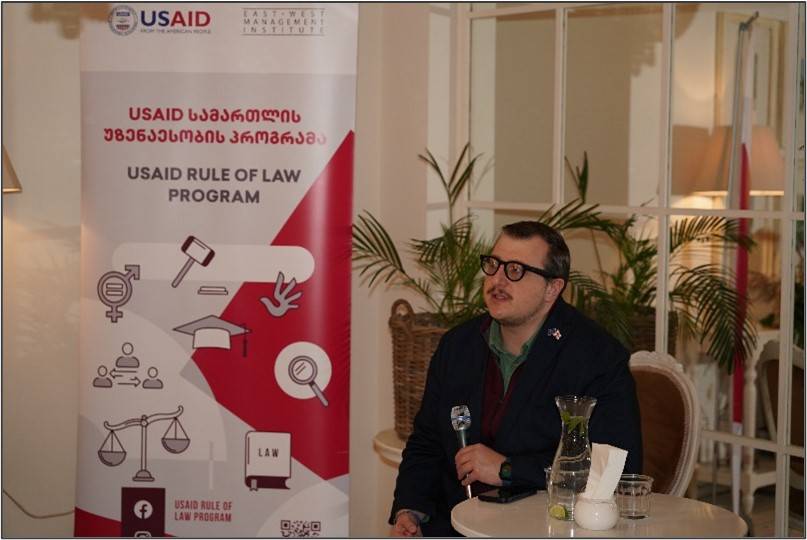Kutaisi Bench Bar: Judges and Mediators Unite to Improve and Expand Court-Annexed Mediation
On February 23, 2024, the Mediators Association of Georgia (MAG), with the support of the USAID Rule of Law Program, organized a bench bar meeting in Kutaisi attended by 24 individuals, including judges, mediators, clerks from the Kutaisi City Court and the Kutaisi Court of Appeal.
The bench bar was part of MAG’s effort to increase collaboration between the judiciary and those promoting the use of alternative dispute resolution mechanisms in Georgia.
Tamuna Imnaishvili, MAG Executive Director, and Irakli Gelovani, the USAID Rule of Law Program ADR Advisor made opening remarks. Judges Tsitsino Mosidze and Tsitsino Kikvadze from the Kutaisi City Court judges, were actively involved in the discussions that followed. Judge Mosidze stated that she sees mediation as a tool to reduce the caseload for the courts. She raised the issue of identifying cases suitable for mediation, noting that currently, she has to sift through approximately 1500 civil court cases to determine which ones are suitable. Judge Kikvadze shared her approach to case referral. She mentioned that she automatically refers labor disputes to mediation and adopts the same approach with family disputes, conducting a prima facie check to determine whether mediation is appropriate, especially in cases involving children. She highlighted the issue of lawyers sometimes resisting mediation referrals and preferring court procedures.
Mediators brought up the challenge of insufficient space for mediation sessions within court facilities. In response, mediation experts and MAG Board Members, including Sopho Chachava, Elene Orjonikidze, Tariel Sikharulidze, and Tamar Imnaishvili, offered their insights and experiences on this matter. Ms. Chachava shared her preference for holding the initial mediation meeting within court premises. However, she stressed the significance of flexibility, advocating for mediators and parties to have the option to select any neutral space that suits them. Ms. Sikharulidze proposed a solution to address the space constraints, suggesting the exploration of online mediation.
Discussion continued to various topics, including the types of disputes suitable for mediation — such as those involving a child’s best interests, labor disputes, and financial disputes— and the need for accrediting trainers in mediation to provide professional training for local mediators.
